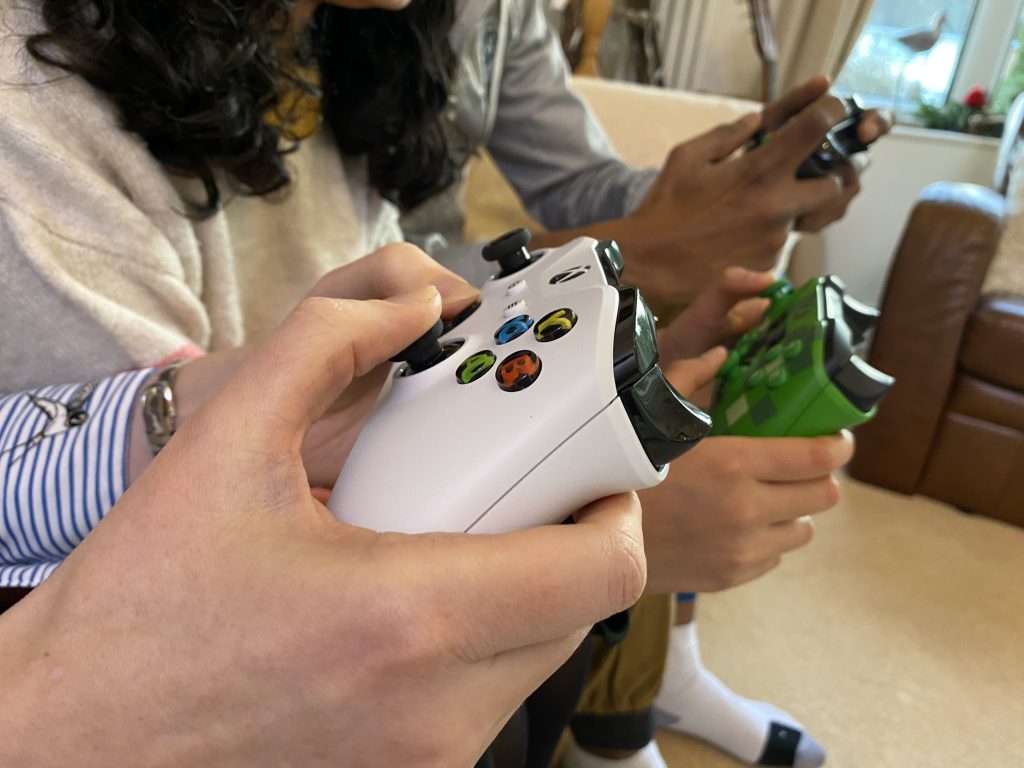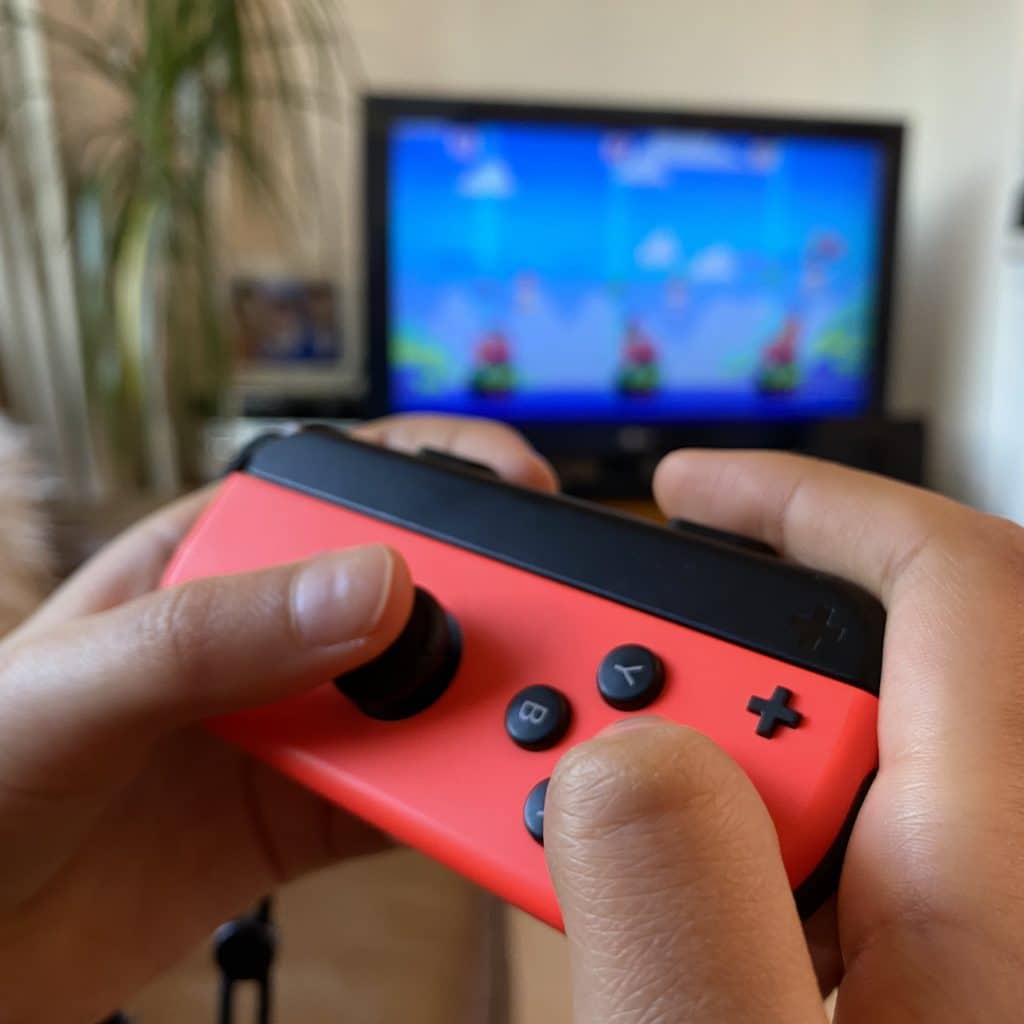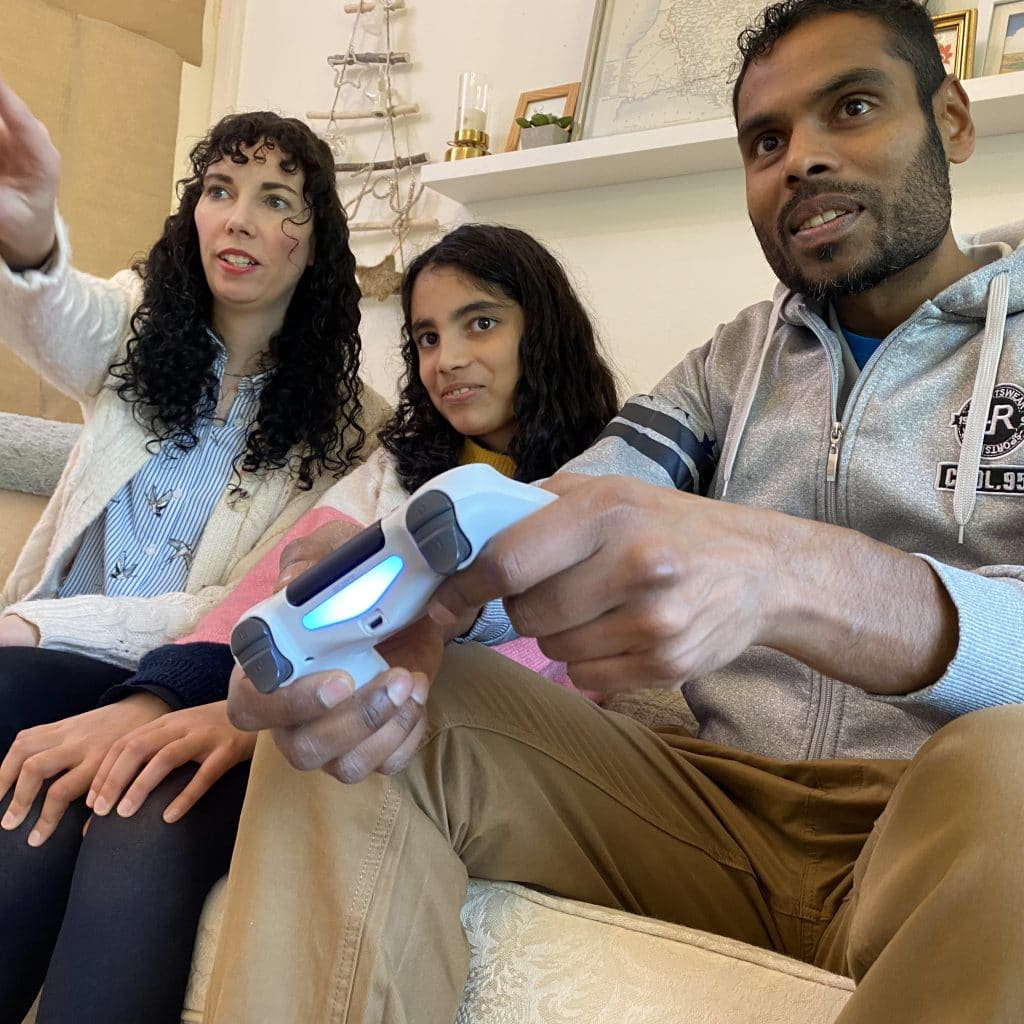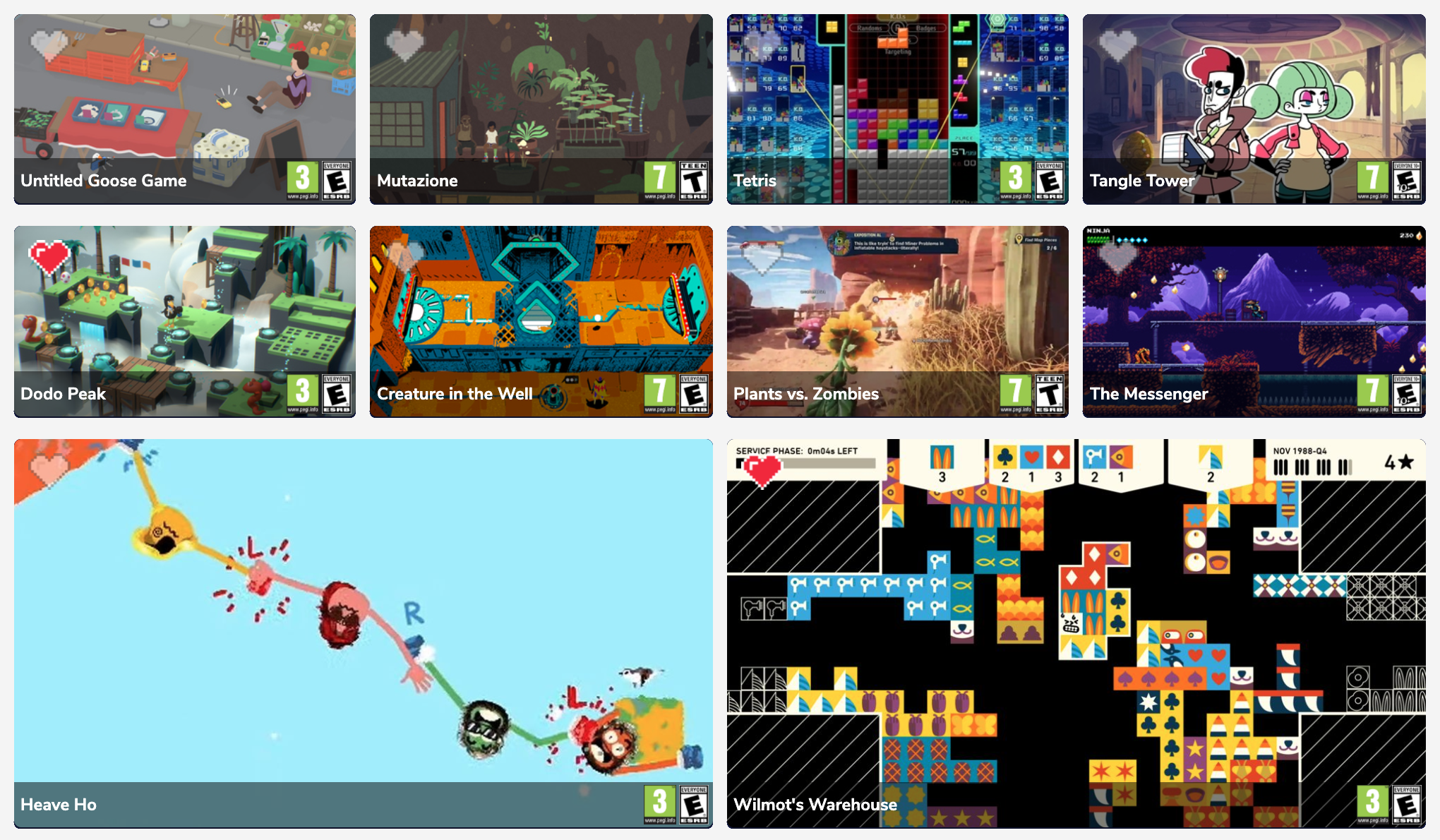PLAY: Setting Ground Rules

As with any leisure activity for young children, it's important to play a role as parents, carers, and guardians to guide their participation and enjoyment. Both in terms of avoiding unhealthy excess, but also to ensure ambition and benefits are maximized.
Although there is often concern that parents don't have the tools they need to control or limit the game playing of their children, the truth is actually the reverse of this.
Every console has robust and detailed ways to understand, guide and limit gaming habits. As you can discover in our guide to setting up consoles, this is time well spent.
As parents and carers, our task is to use these powerful tools carefully and appropriately for our children. Our aim should be to create a context in which they are safe to explore and experiment but without feeling like they are limited or watched the whole time.
Set Rules Together
The best way to start setting ground rules is with a conversation with your child about the games they play. This enables you to build an understanding of what they get from the games they enjoy and how they fit with the rest of their life.

This creates an open context where both the child and the adult can agree on how long they'd like to play each day. Although parents and carers often expect children to want to play older rated games, or play for long periods, most children are relatively conservative in these conversations.
For younger children, it can be helpful to write these down or pin them on the fridge so you have something to go back to. The agreement may include limits on gaming time, but should also include notes about when the family will play together or particular games children want to play when they are old enough.
Configure Automatic Rules
The limits you agree together can then be automatically set in the console. This enables you to specify the PEGI age rating they can access as well as how long and what times of day they can play.
It's important that these settings are seen as the door to a conversation rather than roadblocks. A PEGI rating limit is important, not only so they don't play inappropriate games, but so that you can have a conversation with them about any older games they would like to play. You can then make an informed decision about that particular game for your child.

When setting time limits you need to decide whether the console will just remind them it's time to stop or if it will automatically pause things. They can then ask for more time from you, which you grant by entering the password.
Play Time Report
You can see detailed reports of what your child has been playing on each console. Whether this is a monthly email or overview page in the Nintendo Switch parental controls app, it's an opportunity to see the shape of your child's gaming as well as the duration.
This is really useful information to help you guide their play. Maybe they are playing one game exclusively, or there are certain sorts of games they don't play. Some input from you can encourage them to return to games they may have thought too difficult.
This can also provide useful information about what time of day they are playing. Of course, playing too many games close to bedtime isn't the best recipe for sleep. You can set specific bedtimes on all the consoles, as we describe in our console set-up guide.
Play Together
The best way to understand how video games work in the life of your child is to spend time together playing them. Although parents are sometimes reluctant, not wanting to intrude on their child's hobby, children are generally enthusiastic when parents and carers take an interest.

Along with having fun playing together, this enables you to set more intelligent ground rules. Understanding why they might not want to stop immediately if they are playing online, or celebrating their progress in competitive games can inform how you agree on ground rules with them.
Encourage Variety
Along with a variety of activities in your child's life, a wide range of digital experiences is also important. While we are used to helping our children have a varied life -- encouraging them to play outside, learn instruments, pursue hobbies and engage in face to face friendships -- it's also important that they have a range of screen activity too.
Part of the ground rules you set should encourage them to be more ambitious with the games they play. Perhaps there are new types of games they've not tried. Perhaps they need to persevere at a particularly hard game. Perhaps there are games about topics they are studying at school. Perhaps there are creative games that would encourage them to use their imagination further.

Having ground rules that don't act as a blanket time-limit or ban, can encourage children to try new things in their digital life. If you're looking for ideas to expand the digital diet of your child you can hear how other families are doing this in our gaming stories pages.
Conclusion
With this approach to setting clear ground rules, that your children own and are happy to implement, you create a context for healthy gaming. Being able to enjoy video games, experiment safely with friends online and understand the importance of limits and variety, children are equipped to thrive in their digital future.
Get Smart About Play
This article is part of Get Smart About P.L.A.Y that provides parents and care-givers with a four-step process to help set parameters around play:
- P - Play with your kids. Discover amazing games and understand what they play and why.
- L - Learn about family controls for your console.
- A - Ask what your kids think. Discuss ground rules before setting restrictions.
- Y - You’re in charge. Set restrictions that work for your family.
For more on how to Get Smart about P.L.A.Y we have a range of articles to inspire and inform your family gaming. Or if you have a specific question why not ask the editor.





